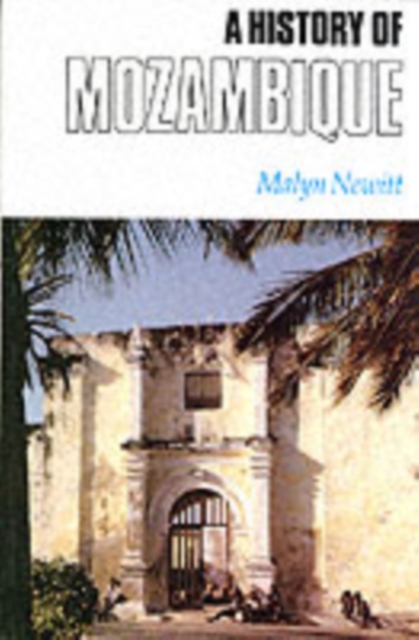
History of Mozambique Paperback / softback
by Professor Malyn Newitt
Paperback / softback
Description
This is the first history of Mozambique from the 15th century to the present.
The Mozambican people have had contact with Muslim and European traders for nearly 1000 years, and their history is given a unity by the influence of commerce and seaborne trade.
Indeed Mozambique itself consists of a series of ancient sea and river ports with their commercial hinterlands.
Through 21 chapters the book traces two major themes: the gradual development of forms of overall political control - by the Karanga and Maravi ruling dynasties, Afro-Portuguese feudal families, the Nguni military monarchies and the chiefs and sheikhs who ran the slave trade - and the periodic crises that led to disintegration and social dislocation.
Disintegration, often associated with drought and ecological disaster, led to a recurring pattern of banditry, and the breakdown of society into warring factions.
Although its frontiers were drawn in 1891, Mozambique did not become a unified state till the 1930s, and many of these themes continued during the colonial era, the large concession companies taking over from Nguni and Afro-Portuguese chiefs in providing a form of feudal political control. Under the Portuguese colonial administration Mozambique provided railway and port facilities for South and Central Africa while large areas became in effect labour reserves.
A thriving plantation economy also developed, the country becoming a leading producer of cash crops.
An extended final chapter looks at Mozambique since independence, when the country's development fell victim to South Africa's attempts to destabilise its neighbours, and its fragile institutions were broken down once again by banditry and drought.
Information
-
Out of Stock - We are unable to provide an estimated availability date for this product
- Format:Paperback / softback
- Pages:maps, bibliography, index
- Publisher:C Hurst & Co Publishers Ltd
- Publication Date:18/12/1994
- Category:
- ISBN:9781850651727
Other Formats
- Paperback / softback from £19.95
Information
-
Out of Stock - We are unable to provide an estimated availability date for this product
- Format:Paperback / softback
- Pages:maps, bibliography, index
- Publisher:C Hurst & Co Publishers Ltd
- Publication Date:18/12/1994
- Category:
- ISBN:9781850651727






